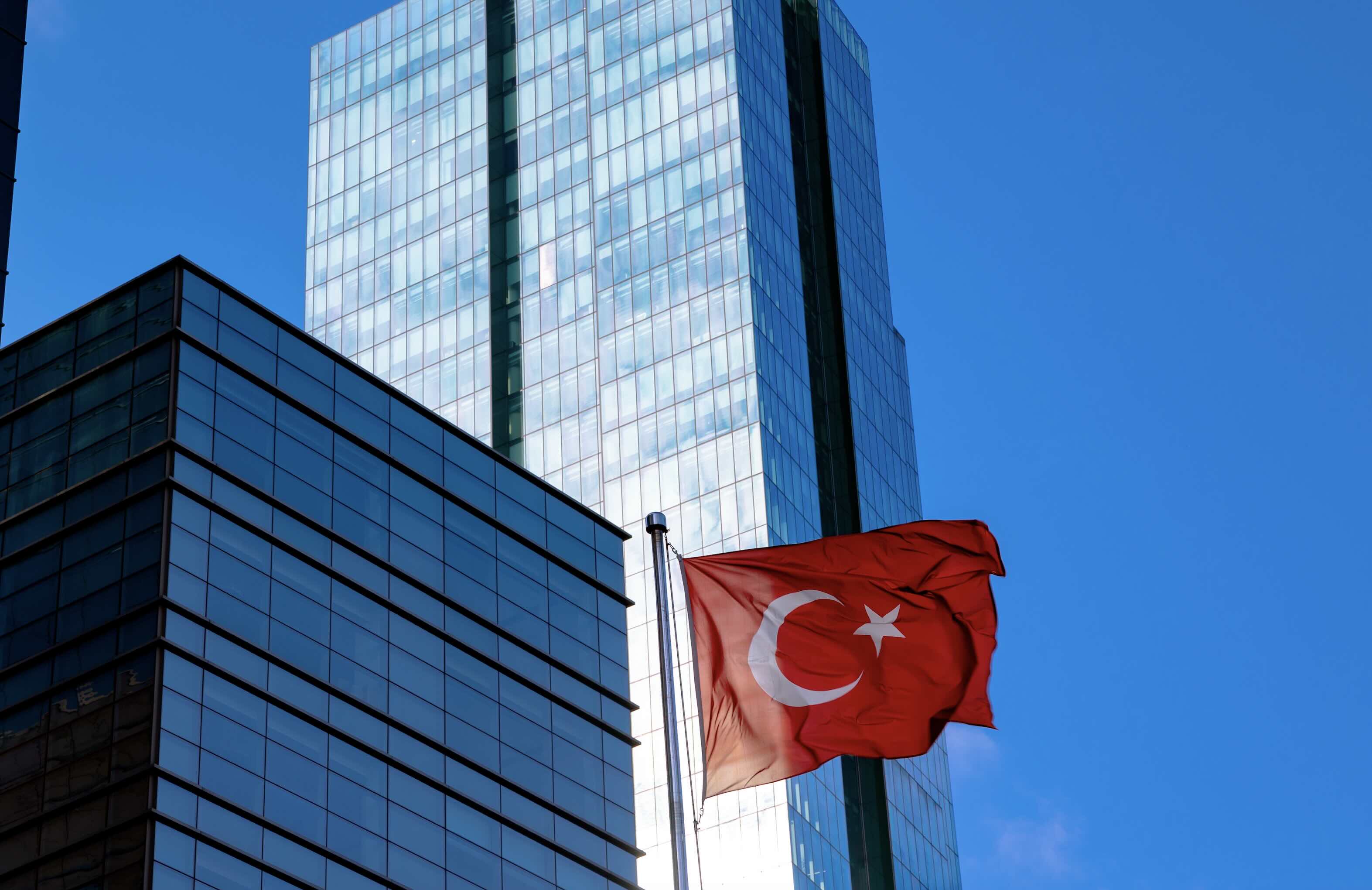In Türkiye, mergers and acquisitions (M&A) that exceed specific turnover thresholds must be notified to the Turkish Competition Authority (TCA) before implementation. Failure to do so—commonly referred to as "gun-jumping"—can result in administrative fines amounting to 0.1% of an undertaking’s annual Turkish revenue. The TCA actively enforces this requirement, even in foreign-to-foreign transactions. Recent cases highlight the risks of overlooking Turkish merger control rules, emphasizing the need for multinational corporations to stay compliant.
Understanding Turkish Merger Notification Thresholds
A transaction is subject to notification in Türkiye if one of the thresholds is triggered:
- The combined Turkish turnover of the parties exceeds TRY 750 million (approx. EUR 21.1 million/USD 22.8 million), and at least two parties each generate over TRY 250 million (approx. EUR 7 million/USD 7.6 million) in Türkiye.
- In acquisitions, assets or operations that are subject to the acquisition, and in mergers, if the acquired business has over TRY 250 million in Turkish turnover and the acquirer has over TRY 3 billion (approx. EUR 84.5 million/USD 91.4 million) in global turnover.
or
Additionally, under the “technology undertaking” exception, transactions involving digital platforms, software, fintech, biotech, pharmaceuticals, and health technologies are automatically notifiable, regardless of Turkish turnover. This, combined with currency depreciation, has significantly increased the number of global transactions requiring notification in Türkiye.
Key Gun-Jumping Cases on Foreign-to-Foreign Transactions
The TCA has taken a strict approach to gun-jumping, imposing fines on global transactions that failed to secure clearance before closing. Notable cases include:
1. Elon Musk/Twitter (2023)
The TCA launched an ex officio review after Elon Musk’s acquisition of Twitter was completed without notification. The case demonstrated the strict enforcement of Türkiye’s technology undertaking exception, leading to a fine based on Musk’s Turkish revenues.
2. Broadcom/VMware (2024)
Broadcom’s acquisition of VMware was flagged during the review of an unrelated transaction. Despite the company’s belief that the deal had minimal Turkish relevance, the TCA ruled that notification was required and imposed a fine.
3. Brookfield Asset Management/Johnson Controls (2020)
The TCA discovered that Brookfield had previously acquired Graftech, which generated revenue in Türkiye. This historical connection made the Johnson Controls deal notifiable, but it was completed without clearance, leading to a fine.
4. Ionity Decision (2020)
The establishment of an electric vehicle charging joint venture (Ionity) by major automakers (BMW, Daimler, Ford, Porsche, and Volkswagen) was initially considered irrelevant to Türkiye. However, subsequent filings triggered TCA scrutiny, resulting in fines for failing to notify the original transaction.
Lessons for Global M&A Compliance
- Ex officio investigations are increasing: The TCA proactively monitors global deals and has issued fines even when parties believed Türkiye was not significantly affected.
- Threshold calculations must be revisited regularly: Given the technology undertaking exemption and currency fluctuations, businesses must reassess notification obligations before closing transactions.
- Historical connections matter: Past acquisitions can create notification obligations for future deals, as seen in the Brookfield and Broadcom cases.
Procedural non-compliance is penalized: The TCA enforces notification rules strictly, irrespective of whether a transaction materially affects Turkish competition.
Conclusion
With the growing scrutiny of foreign-to-foreign transactions, multinational companies must carefully assess whether their deals require TCA approval. Failure to do so can lead to fines and reputational risks. The TCA’s proactive stance in gun-jumping enforcement underscores the necessity for a robust global merger control compliance strategy.


